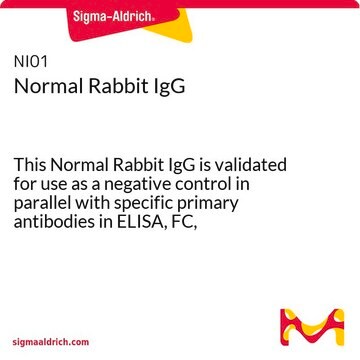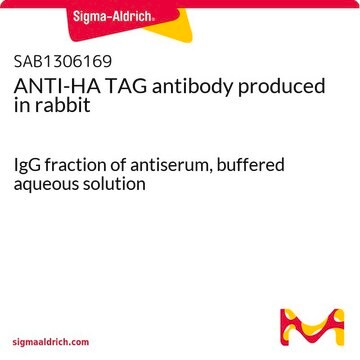05-1583
Anti-PRL-2 Antibody, clone 42
clone 42, from mouse
Synonym(s):
Protein-tyrosine phosphatase 4a2, Protein-tyrosine phosphatase of regenerating liver 2, phosphatase of regenerating liver 2, protein tyrosine phosphatase IVA, protein tyrosine phosphatase IVA2, protein tyrosine phosphatase type IVA, member 2
About This Item
Recommended Products
biological source
mouse
Quality Level
antibody form
affinity isolated antibody
antibody product type
primary antibodies
clone
42, monoclonal
species reactivity
human
species reactivity (predicted by homology)
mouse (based on 100% sequence homology)
technique(s)
immunohistochemistry: suitable
immunoprecipitation (IP): suitable
western blot: suitable
isotype
IgG2bκ
NCBI accession no.
UniProt accession no.
shipped in
wet ice
target post-translational modification
unmodified
Gene Information
human ... PTP4A2(8073)
General description
Specificity
Immunogen
Application
A representative lot was used by an independent laboratory in IH.
Immunoprecipitation Analysis:
A representative lot was used by an independent laboratory in IP.
Epigenetics & Nuclear Function
Cell Cycle, DNA Replication & Repair
Quality
Western Blot Analysis: 0.5 µg/ml of this antibody detected PRL-2 on 10 µg of HeLa cell lysate.
Target description
Physical form
Storage and Stability
Analysis Note
HeLa cell lysate
Other Notes
Disclaimer
Not finding the right product?
Try our Product Selector Tool.
Storage Class Code
12 - Non Combustible Liquids
WGK
WGK 1
Flash Point(F)
Not applicable
Flash Point(C)
Not applicable
Certificates of Analysis (COA)
Search for Certificates of Analysis (COA) by entering the products Lot/Batch Number. Lot and Batch Numbers can be found on a product’s label following the words ‘Lot’ or ‘Batch’.
Already Own This Product?
Find documentation for the products that you have recently purchased in the Document Library.
Our team of scientists has experience in all areas of research including Life Science, Material Science, Chemical Synthesis, Chromatography, Analytical and many others.
Contact Technical Service







